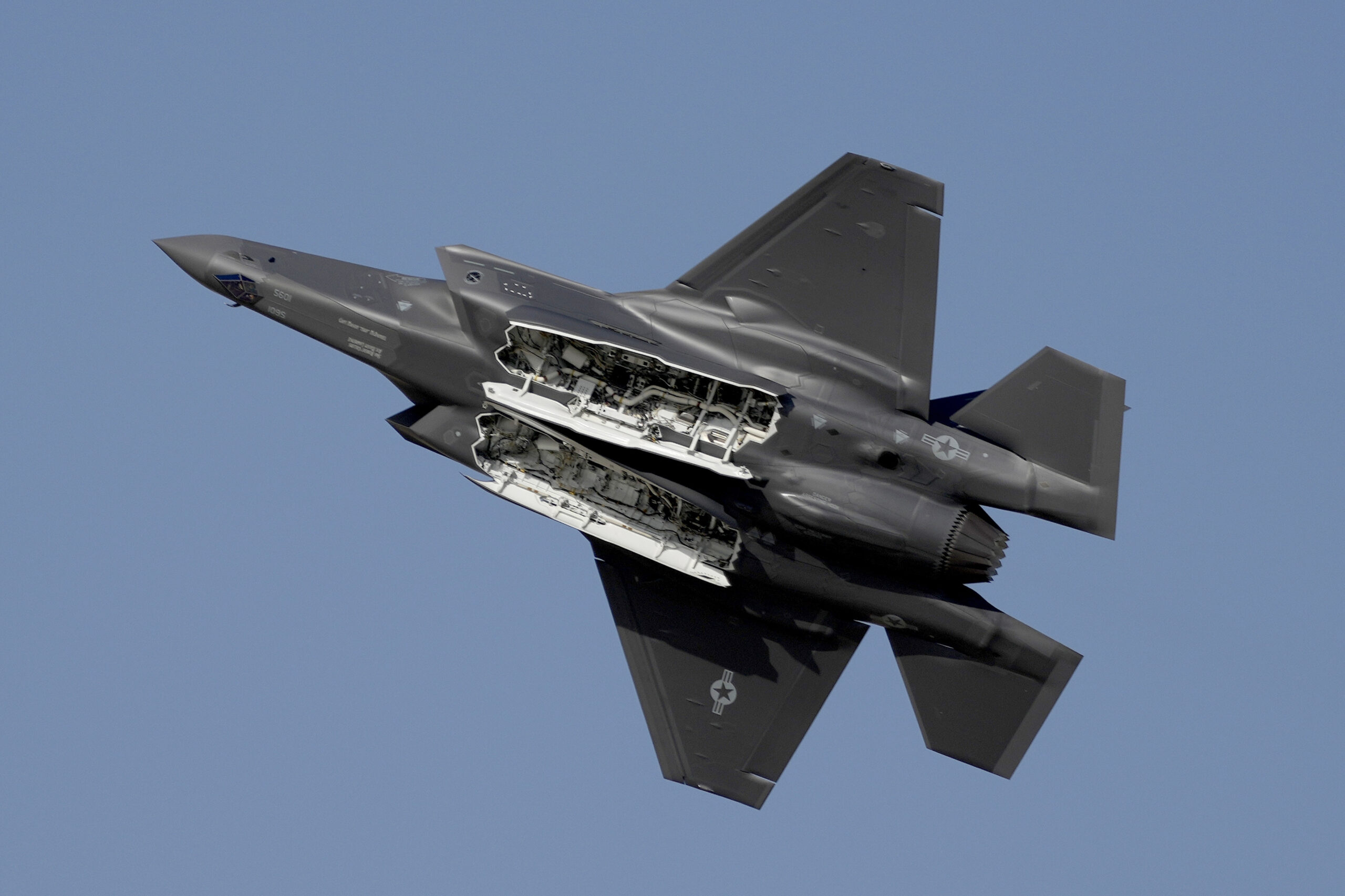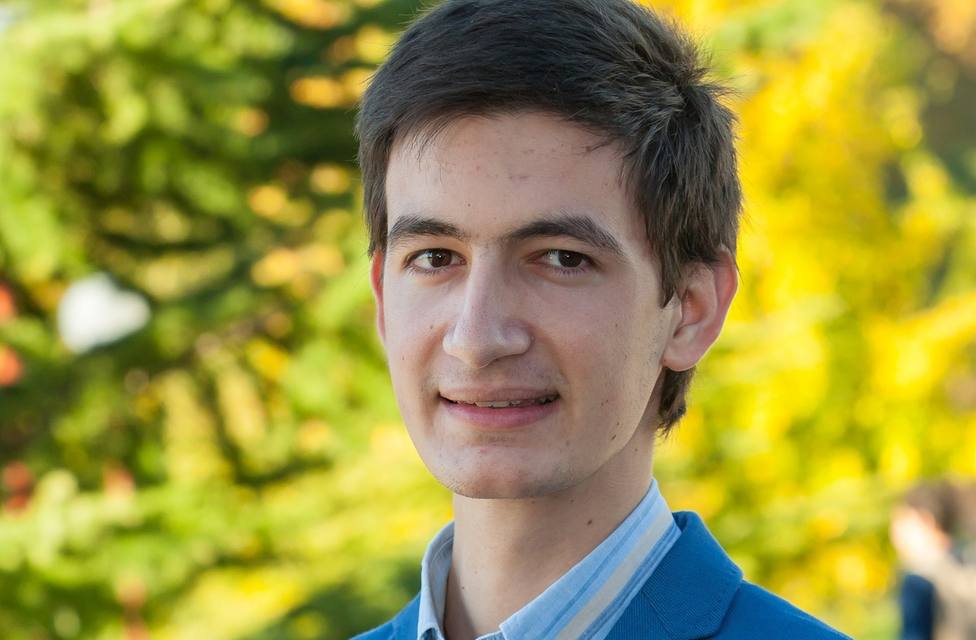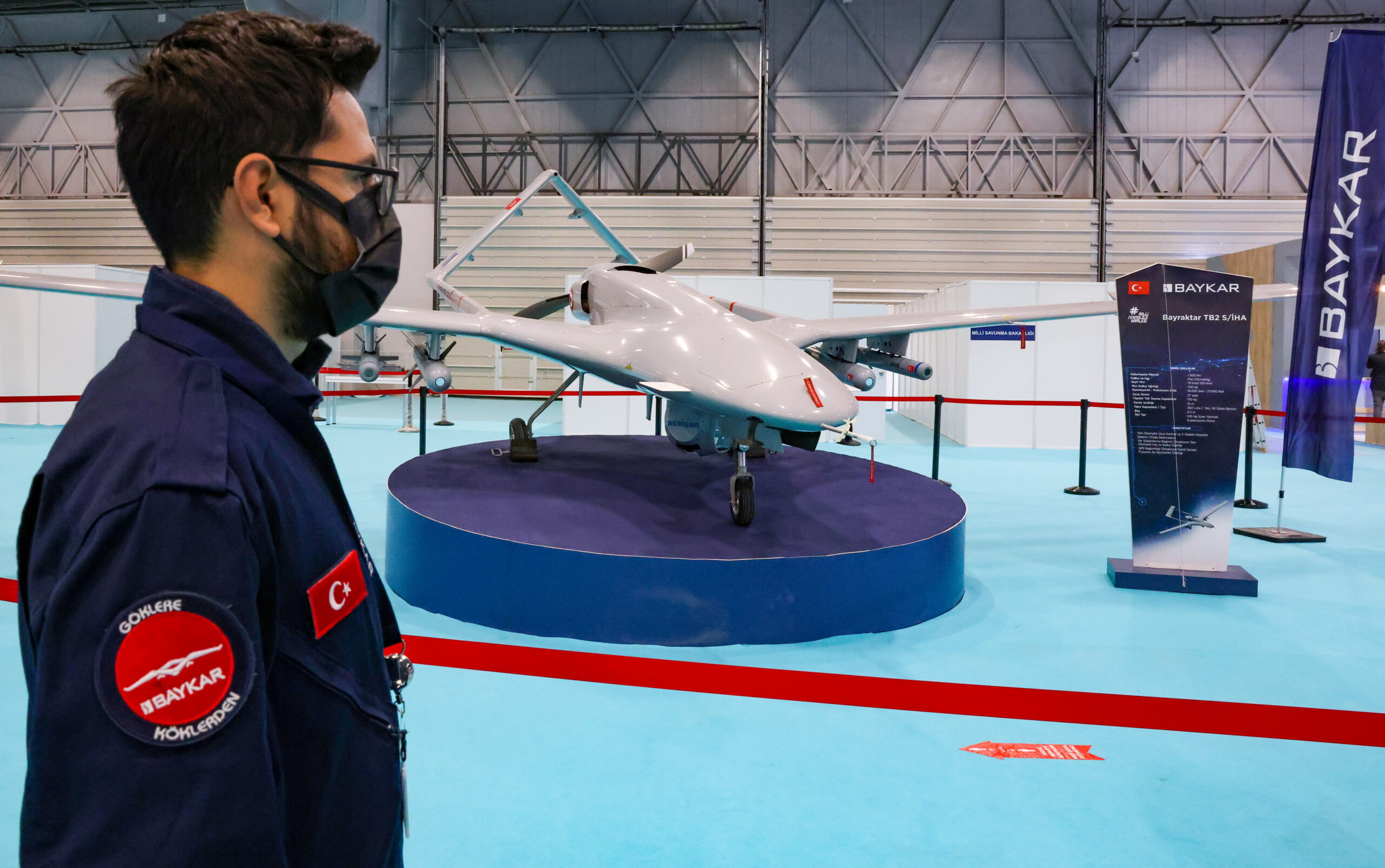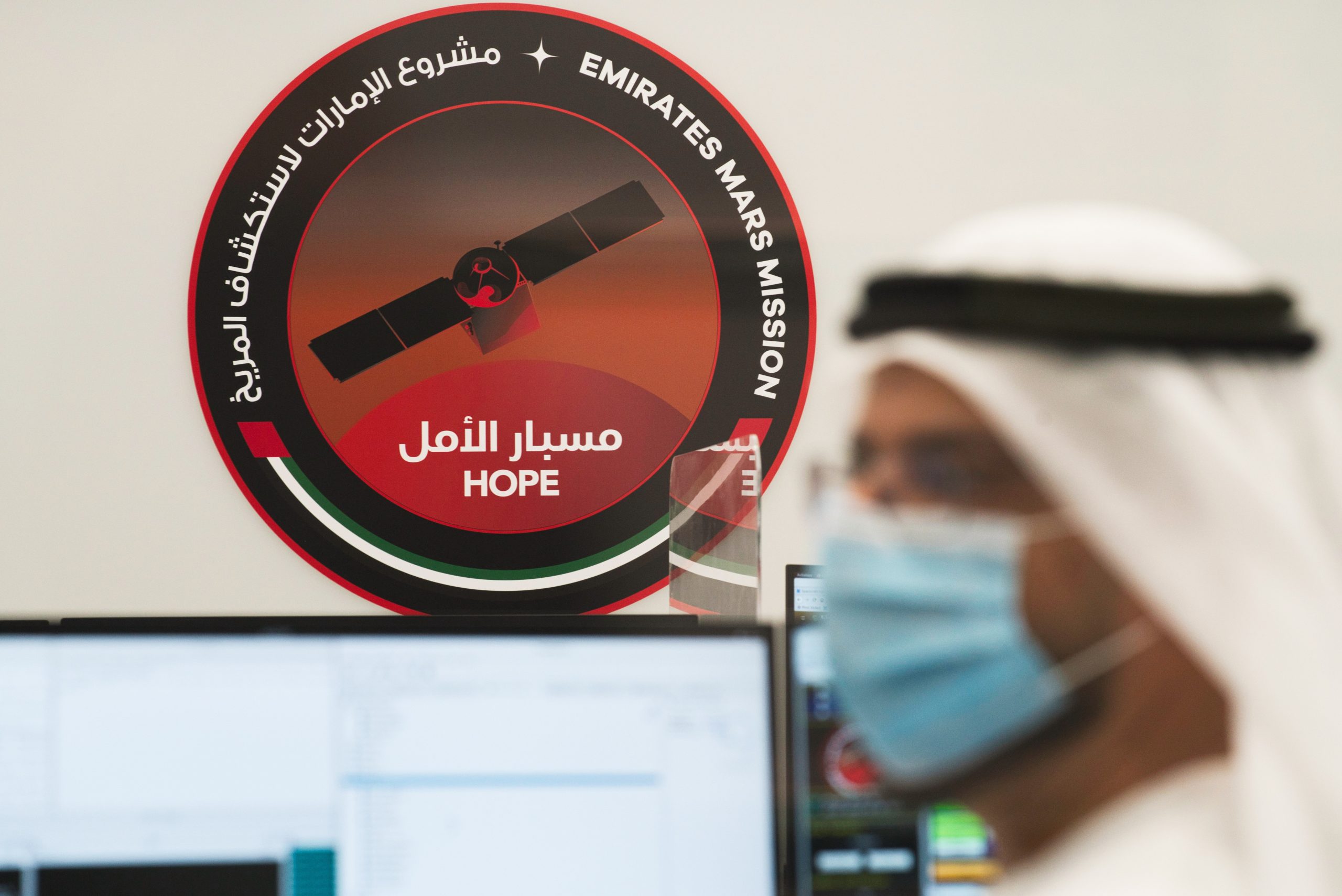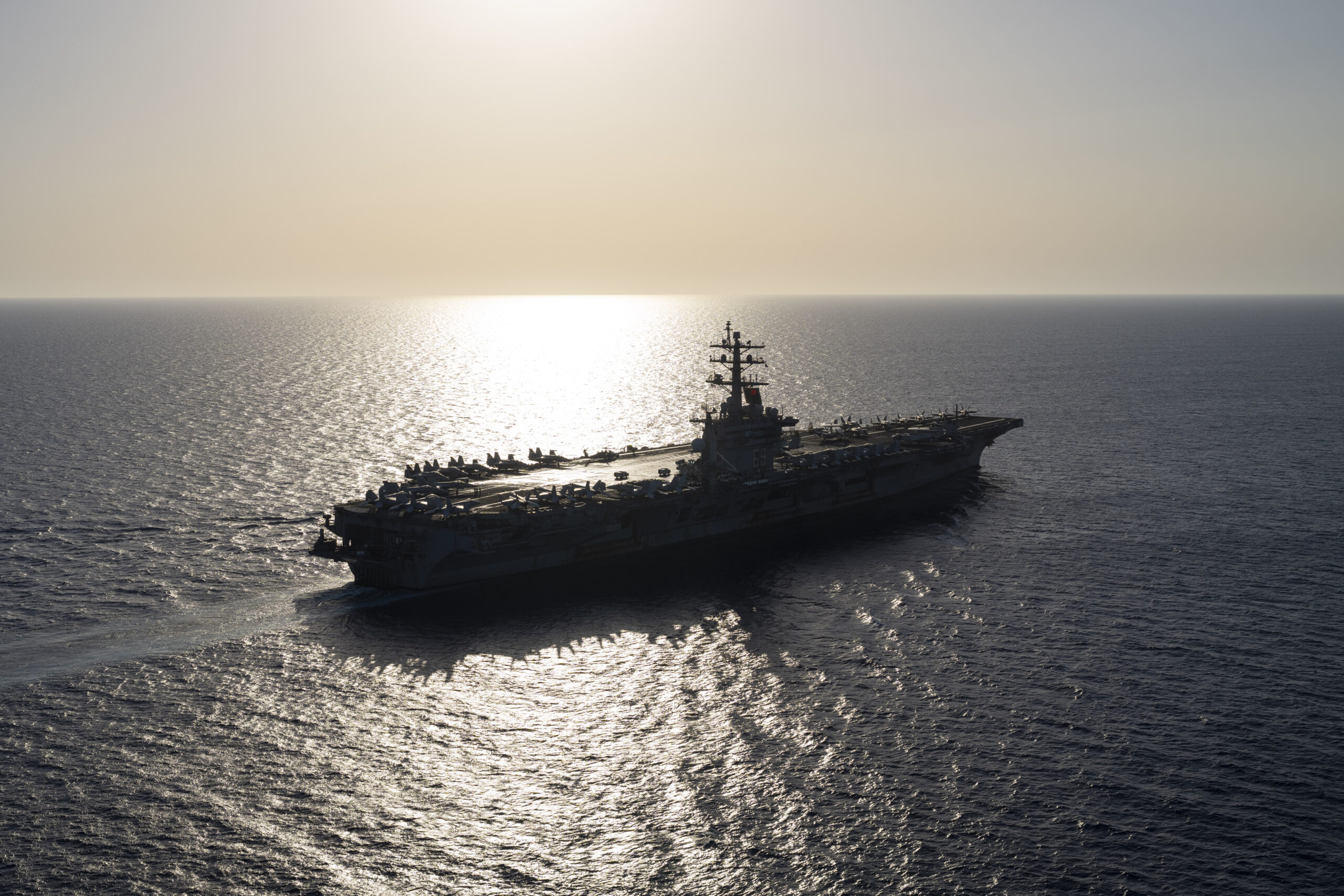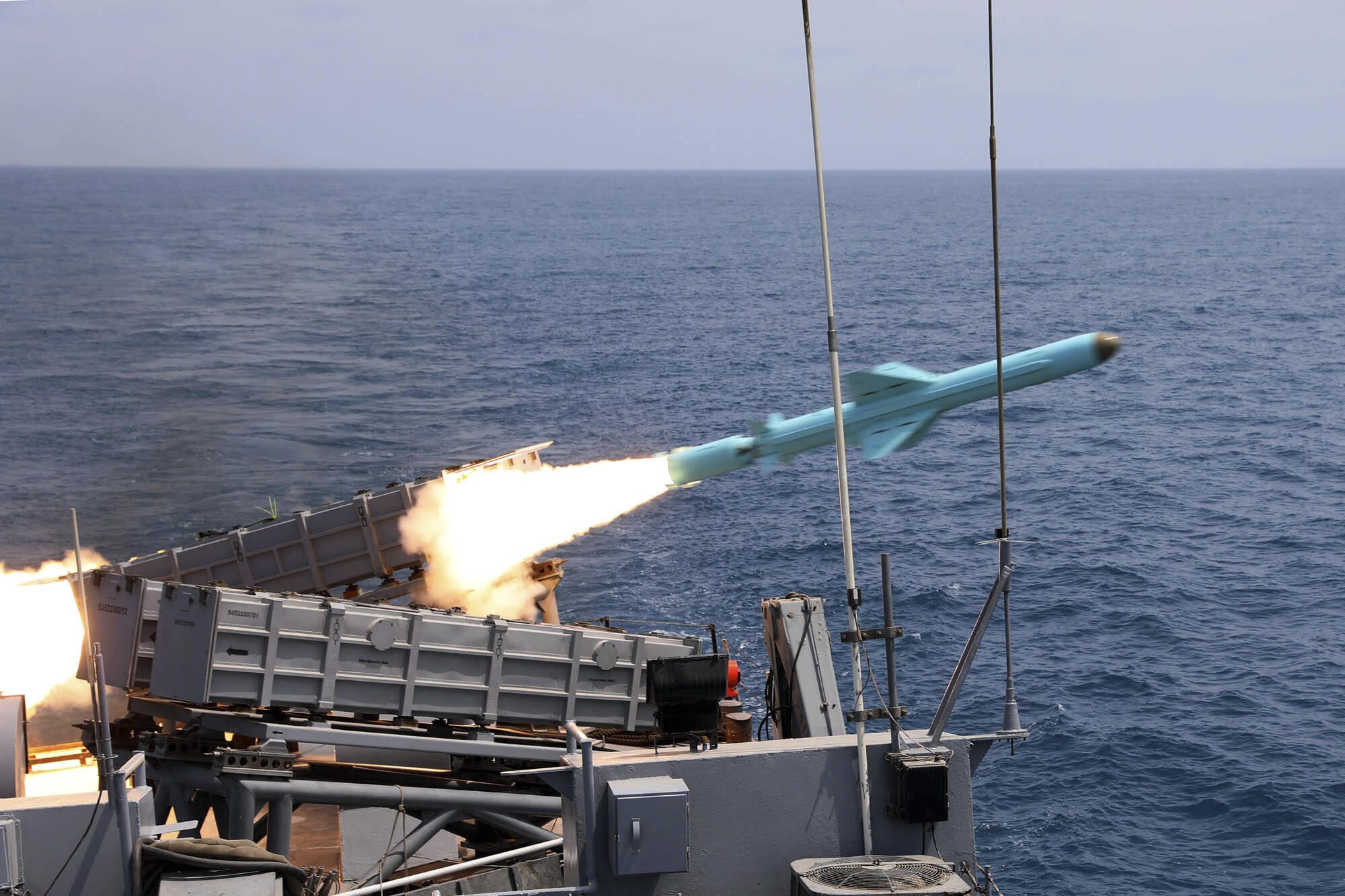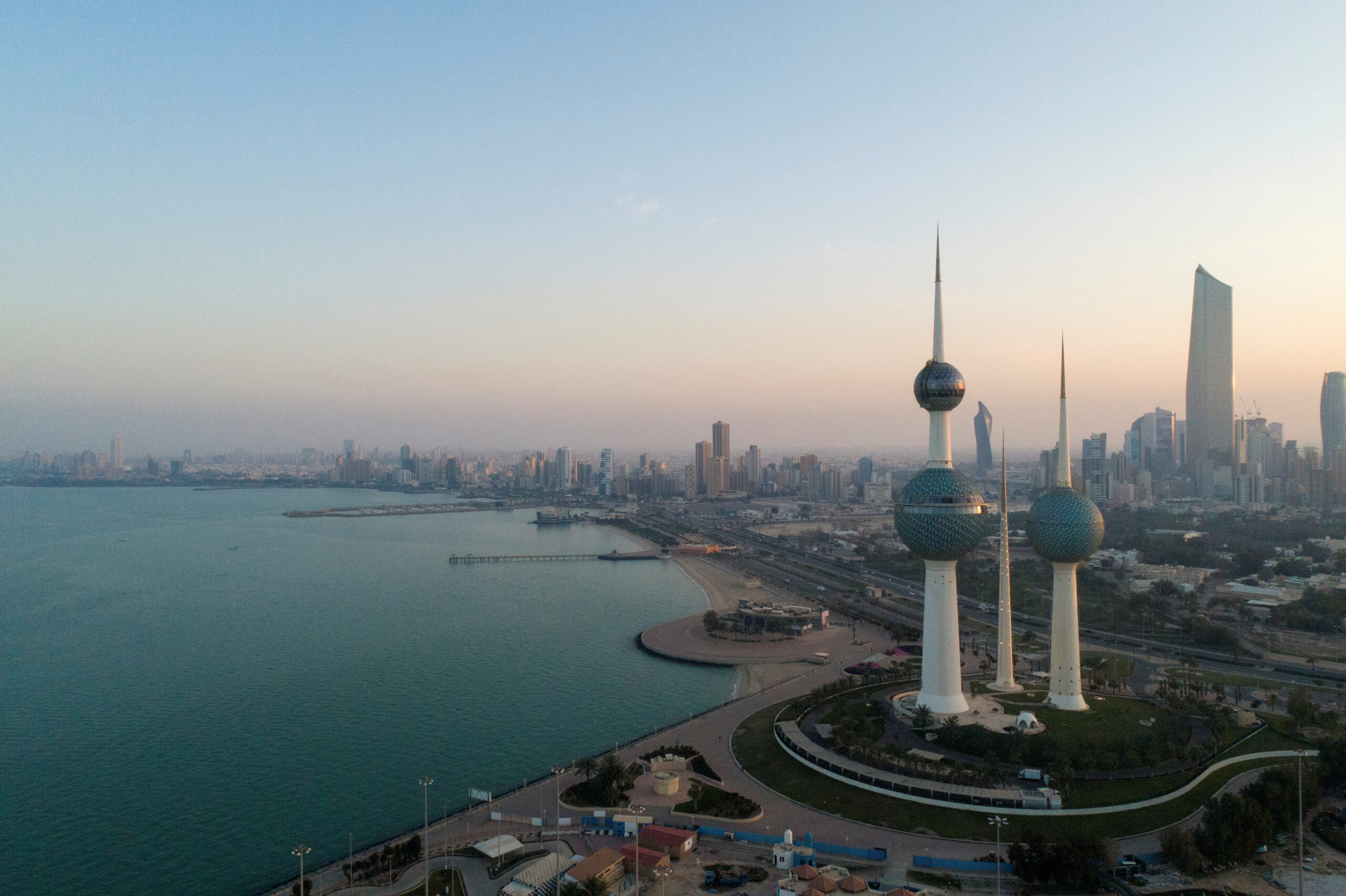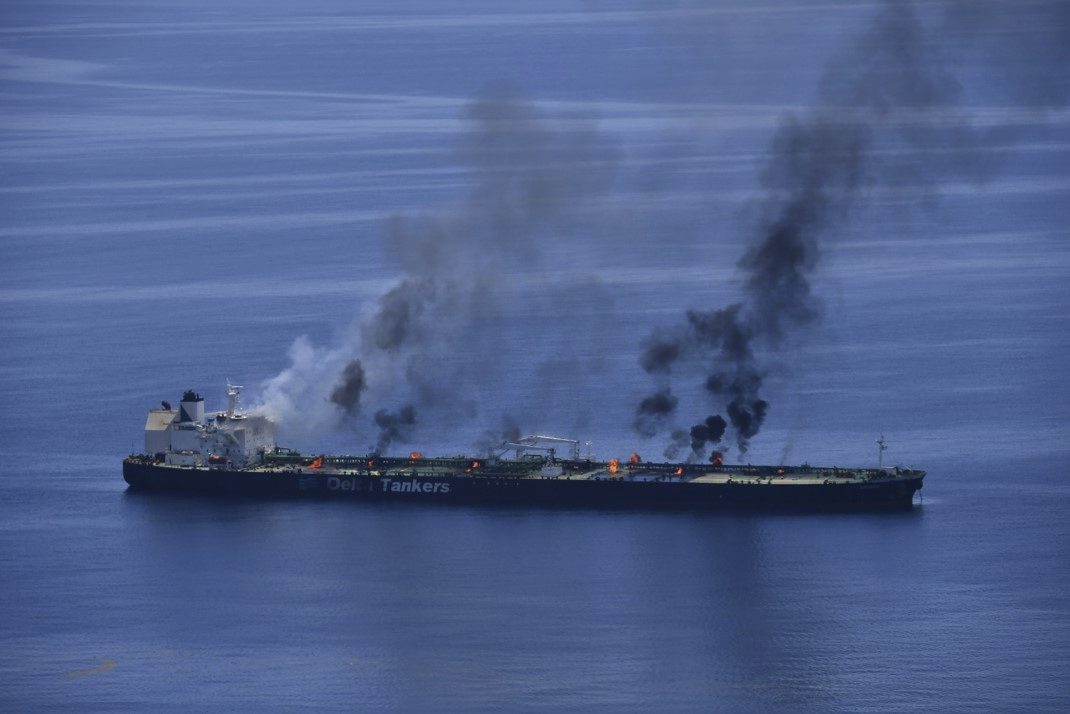UAE Defense Industry Ambitions
The “Make It in the Emirates” forum showcased how far the UAE’s growing defense manufacturing capabilities and ambitions have come – and how far they have left to go.
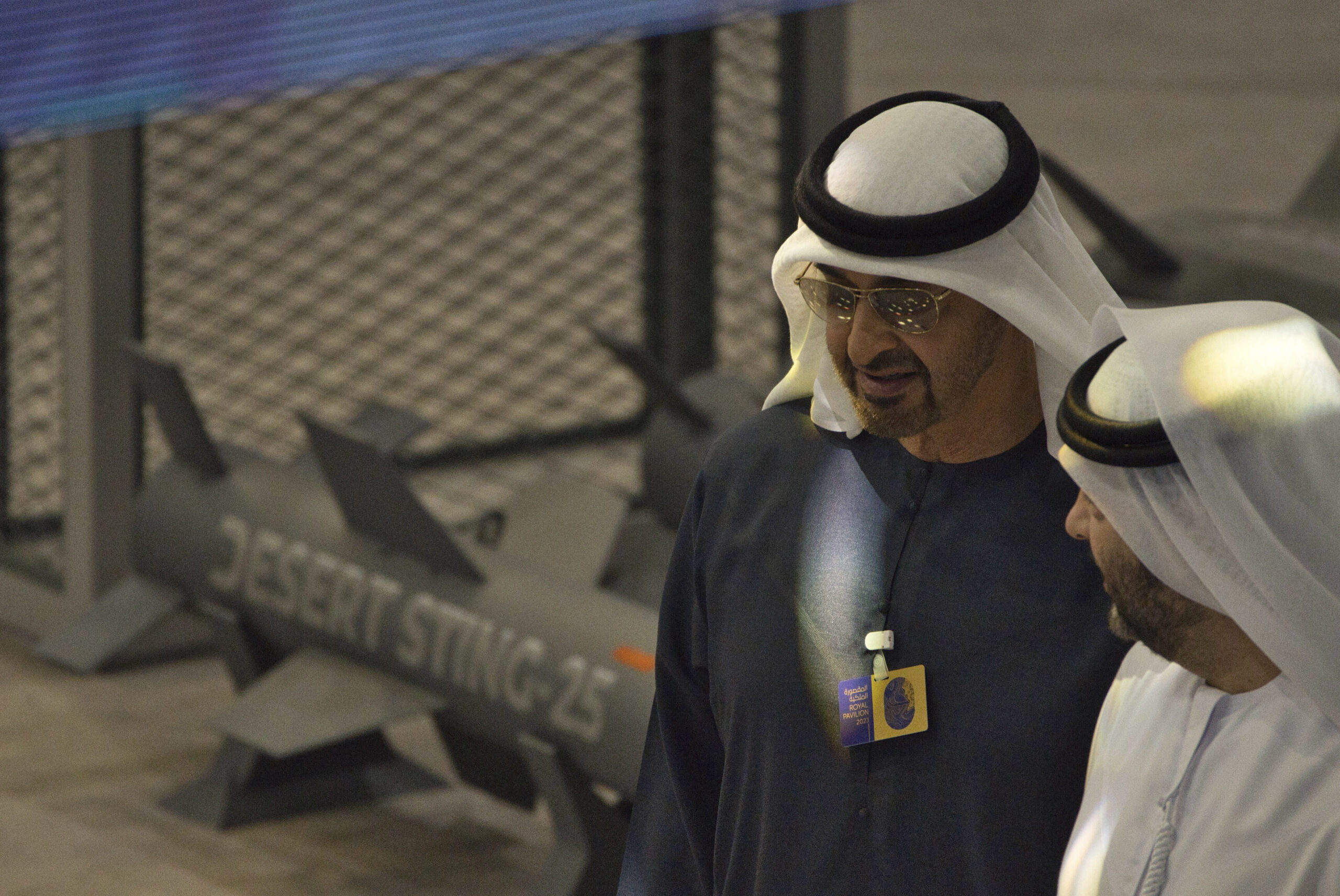
On May 22, the fourth “Make It in the Emirates” forum – promoted by the United Arab Emirates Ministry of Industry and Advanced Technology – came to a close. The event was a premier showcase for Emirati companies to present their products and attract foreign investment, encouraging international firms to establish production lines in the UAE. Held at the Abu Dhabi National Exhibition Centre, the four-day forum drew more than 122,500 visitors and featured over 720 local and international exhibitors, including leading UAE defense companies.
More than an industrial trade exhibition, the forum was also a strategic platform to communicate the UAE’s ambition to build a robust military-industrial base, transitioning from a heavy reliance on defense imports toward greater self-sufficiency. These efforts are integral to the UAE’s broader ambition of cultivating a knowledge-based economy fit for the post-oil era. However, although “Make It in the Emirates” showcased notable industrial achievements, the country’s quest to develop a competitive and sustainable defense industry still faces challenges.
The Drive for an Indigenous Defense Industry
Over the past decade, the UAE has increasingly prioritized the development of a domestic defense sector capable of producing strategic technologies through establishing joint ventures, promoting technology transfer, and nurturing local talent. Through the Tawazun Council, the EDGE Group, and other entities, the government has sought to unify fragmented industrial capabilities and channel investments into sectors deemed critical for national security.
Established in 1992 with an initial mandate to manage the UAE’s defense offset programs, Tawazun has since assumed a central role in advancing the country’s indigenous defense industrial base. In recent years, it has increasingly focused on fostering domestic capabilities by supporting local defense firms and forging strategic partnerships with leading defense companies.
Among its flagship initiatives is the Tawazun Industrial Park, operational since 2012, which offers integrated, one-stop services to defense and security-related enterprises. Additionally, the Sustain and Enhance Emiratization in Defense and Security program, launched in 2019, contributes to human capital development by placing Emirati managers and science, technology, engineering, and mathematics graduates in immersive training with leading firms, aiming to build a skilled national workforce. In 2021, Tawazun was appointed the UAE’s lead authority for defense and security procurements and tasked with overseeing national research and development programs in the defense sector.
EDGE is the second pillar of the UAE’s defense industrialization and localization efforts. Launched in 2019 following a major restructuring of the national defense sector, EDGE consolidated Emirati defense and advanced tech firms into a single conglomerate. Since then, it has rapidly expanded its subsidiary base, defense offerings, and sales footprint. Pursuing an aggressive growth strategy through mergers, acquisitions, and majority stakes in international firms, EDGE has built a diversified industrial ecosystem encompassing more than 25 companies across key military and technological domains and more than 170 manufacturing and assembly facilities across the UAE. In just five years, the company has grown to a workforce of 14,100 and accumulated an order backlog valued at $12.8 billion.
Nonetheless, despite notable progress, a significant portion of the technological inputs and intellectual property continues to come from foreign partners, underlining the ongoing challenge of moving from assembly and integration to full-spectrum innovation.
“Make It in the Emirates” 2025 in Numbers
First launched in 2022, the “Make It in the Emirates” forum is a cornerstone of the UAE’s long-term industrial development strategy. It falls under the broader framework of “Operation 300bn,” the Ministry of Industry and Advanced Technology’s strategy to raise the industrial sector’s contribution to gross domestic product to 300 Emirati dirhams (approximately $81.7 billion) by 2031. Through 17 initiatives, “Operation 300bn” aims to build the UAE’s domestic industrial base by increasing in-country value, promoting high-tech job creation for Emiratis, fostering innovation, and positioning the country as a global hub for future-oriented industries and exports. Within this wider effort, “Make It in the Emirates” serves “as a call to action for local and international investors, innovators and developers” to contribute to the UAE’s industrial transformation.
The 2025 forum “Advanced Industries. Accelerated,” emphasized engagement and interaction among local and international entrepreneurs along with key government representatives. It focused on topics including “Smart Manufacturing – Industry 4.0 & AI” and “National Value Creation and Emirati Talent.”
The trade show resulted in the signing of over 187 industrial agreements and memorandums of understanding, with a focus on localizing supply chains, facilitating technology transfers, and creating high-quality job opportunities. Furthermore, $2 billion in new offtake deals were signed. These agreements are part of a proactive policy aimed at leveraging public-private partnerships to localize manufacturing, attract foreign investment, and promote industrial growth.
A Shopwindow Into the UAE Defense Ecosystem
At the forum, Tawazun showcased high-impact and value-generating achievements, including the Coast Control Radar developed in collaboration with Saab. It entered strategic agreements with leading defense companies, including a partnership with Airbus to establish a national industrial capability development program for locally manufacturing and assembling C295 fuel tanks in collaboration with EPI, an EDGE entity specializing in precision engineering. The initiative aims to turn EPI into the sole supplier for these components.
Tawazun also finalized two significant cooperation agreements with the French defense giant Thales, a long-standing strategic partner of the UAE. The first agreement focused on the domestic production of advanced Ground Master series air surveillance radars. A dedicated facility to oversee the assembly, testing, and qualification of these systems is expected to become fully operational by 2027. This initiative builds on the ongoing expansion of the Thales Radar Center of Excellence in Abu Dhabi, which was launched in 2021 and manages the development, production, maintenance, and lifecycle support of Thales radar systems, particularly next-generation radars designed for export markets.
The second agreement aims to support more than 20 certified Emirati suppliers through the “Go to UAE” initiative, with work packages valued at $163 million. Launched in 2023 as a joint effort among Tawazun, the Ministry of Industry and Advanced Technology, and Thales, the initiative seeks to integrate Emirati suppliers into the global supply chains of Thales and other firms in the defense and tech sectors. By equipping local companies to meet rigorous international standards, the program is designed to enhance their competitiveness and facilitate their participation in long-term, high-value projects both domestically and internationally. Under the new agreement, participating Emirati suppliers will contribute to a diverse array of specialized components, including “PCB assembly, electromechanical systems, pre-assembled cabling, and precision machining.”
TRUST, an EDGE entity focused on tactical equipment, spare parts, and engineering, signed two significant agreements with South African firms aimed at enhancing the UAE’s already-competitive domestic production of armored vehicles. The first agreement, with ADG Mobility, establishes a strategic framework for long-term collaboration on the design, development, and manufacturing of specialized land systems equipment in the UAE. The second deal, signed with Specialist Mechanical Engineers, focuses on the co-development of auxiliary power units, air conditioning units, and other key mechanical systems critical to improving the performance and operational sustainability of next-generation protected vehicles.
Alongside EDGE, Al Seer Marine also had a prominent presence at the forum. The Abu Dhabi-based shipbuilding firm secured a contract valued at $13 million from Albwardy Damen – a joint venture between Dubai’s Albwardy Investment and the Netherlands’ Damen Shipyards Group – to manufacture high-speed interceptor vessels. Designed for integration into Albwardy Damen’s offshore patrol vessels, the units will be delivered over 42 months and will be fully developed, constructed, and outfitted at Al Seer Marine’s shipyards.
Al Seer Marine also signed a memorandum of understanding with Arena Europe, Middle East & Asia, a specialist in temporary structures for exhibitions and events. This collaboration aims to integrate advanced 3D printing technology into the production of modular structures, enhancing sustainability and efficiency in the manufacturing processes. The Emirati shipbuilder aims to position itself as a pioneer in integrating additive manufacturing into drone production, having unveiled its first 3D-printed surface platform, Hydra, in 2023.
Finally, Al Seer Marine formed a strategic partnership with the Emirati artificial intelligence-driven space technology firm Space42 to enhance the integration of AI-enabled satellite communication capabilities for unmanned maritime platforms and advanced 3D additive manufacturing.
Although they did not announce any public deals, several other prominent UAE defense companies had a strong presence at the forum. STREIT Group, a long-established manufacturer of armored vehicles, featured an extensive booth displaying full-scale models of its military vehicles and drones. Calidus, known for its B-250 light attack aircraft and a broad portfolio of advanced land systems, showcased a diverse range of defense technologies, including a life-size model of its 4×4 MATV and multiple configurations of the Al Hedaa missile system.
Together, these firms exemplify a growing, if still maturing, industrial base – one that is learning to compete internationally while responding to the specific defense needs of the UAE.
A Strategic Vision or Symbolic Gesture?
The “Make It in the Emirates” forum was a showcase of national ambition, bringing together local companies under one roof and drawing the presence of high-ranking officials, ministers, and members of the royal family. It reinforced a narrative of self-reliance and technological advancement, aligning with broader goals of national pride and strategic autonomy.
Yet, despite this carefully curated image, the Emirati military-industrial base remains partially dependent on foreign expertise and lacks a critical mass of homegrown research and development. Many of the platforms labeled “locally produced” involve international partnerships at various stages of design, development, and testing. This reliance raises questions about the true extent of autonomy the initiative seeks to brand and achieve.
Nevertheless, the UAE’s approach appears to be more pragmatic than symbolic. Rather than pursuing protectionist policies, which are generally adopted by countries seeking industrial sovereignty, Abu Dhabi has adopted an open and collaborative model, positioning itself as a global innovation hub. By attracting foreign direct investment, forming joint ventures, and integrating local companies into international value chains, the UAE is laying the groundwork for long-term capability development.
In a context marked by supply chain disruptions and intensifying competition in the global defense market, this hybrid model of localization through global integration is a calculated effort to enhance technological sovereignty without sacrificing access to advanced expertise.
Global Market Challenges and Strategic Constraints
Despite notable progress, significant challenges remain in the UAE’s quest to position its defense products on the global market. One of the key obstacles is the limited operational track record of many Emirati-made systems. While showcased at international exhibitions and tested during exercises, relatively few have seen sustained deployment or been independently evaluated under combat conditions. For many potential buyers, especially in competitive segments such as unmanned systems, this lack of validation can be a significant deal-breaker.
Second, the global defense market is becoming increasingly saturated, particularly in areas such as unmanned systems, where established players from the United States, Israel, China, and Turkey dominate. Competing in this environment requires not only technical sophistication but also long-term service commitments, attractive financing options, and geopolitical alignment – all areas where newer entrants face steep hurdles.
Third, the UAE’s reliance on foreign expertise and imported components continues to constrain its industrial autonomy. While initiatives like Tawazun’s SEEDS program aim to cultivate local talent, the transition from foreign-led to Emirati-led design and engineering will take years of sustained investment in education, training, and R&D infrastructure.
Finally, geopolitical dynamics impose an additional layer of complexity. The UAE’s efforts to balance its defense partnerships with traditional Western interlocutors and emerging partners, such as China, Israel, and Brazil, must navigate sensitive export controls and technology transfer restrictions. These relationships, while offering opportunities for growth, also present potential chokepoints in supply chains and intellectual property management.
Ultimately, the UAE’s defense industrial strategy, exemplified by the 2025 “Make It in the Emirates” forum, is a serious and increasingly sophisticated attempt to marry national security goals with economic diversification ambitions. While tangible progress is evident, particularly in manufacturing scale and international engagement, the path to full-spectrum innovation and global competitiveness remains long. A cautious and realistic appraisal of the initiative suggests that while it is not merely symbolic, its success will ultimately depend on sustained political will, strategic patience, and the depth of its local knowledge ecosystem.
The views represented herein are the author's or speaker's own and do not necessarily reflect the views of AGSI, its staff, or its board of directors.

